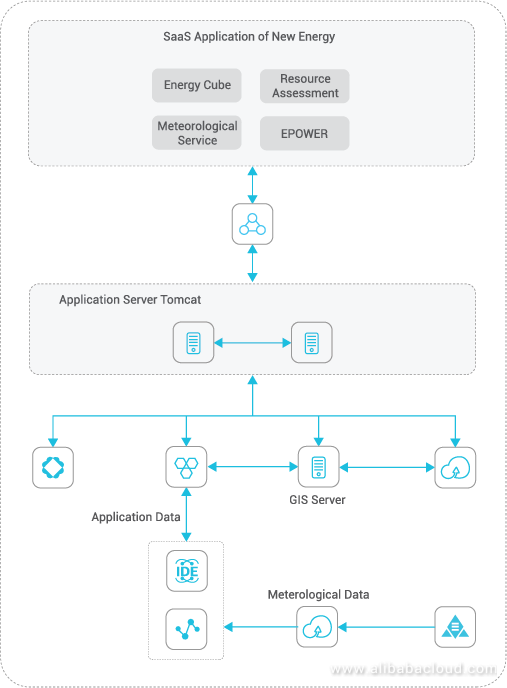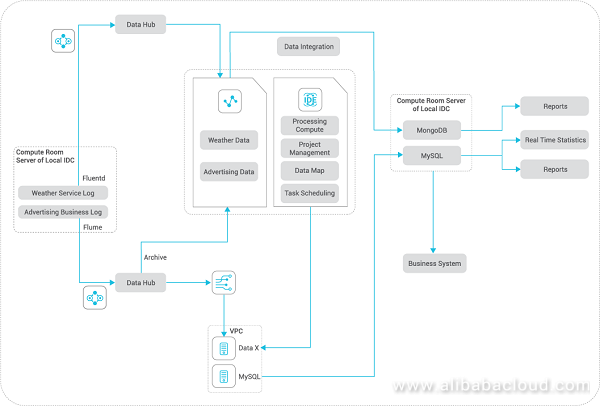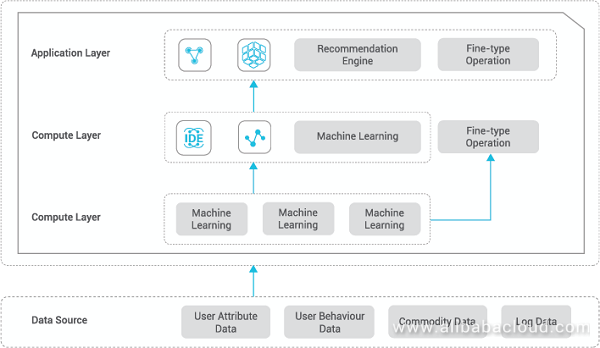Organizations are always trying to ensure that their IT infrastructure remains consistently updated and in sync with their IT needs. In pursuit of the same, businesses are constantly upgrading their existing technology, which puts before them the need to redevelop their ecosystem.
Redevelopment refers to upgrading the version of your existing technology that subsequently leads to architectural changes in the software. Businesses might decide to migrate to the cloud to run the applications which are currently in their data center. Another instance of redevelopment arises when organizations decide to move from one cloud provider to another. Different cloud providers offer different SDK for numerous services. Businesses would need to redevelop their ecosystem to use the new SDKs.
However, this is easier said than done. Upgrading existing technology and migrating to the cloud have their own set of challenges. In the following section, you will find the crucial issues of redeveloping an ecosystem.
Keeping in mind these challenges and complexities, Alibaba Cloud introduced DataWorks to help organizations successfully accomplish redevelopment. Let us now dive into the details of DataWorks to learn more.
Alibaba Cloud DataWorks is a Big Data PaaS platform that offers its users a one-stop solution for data integration, data management, and data governance. It also features offline job scheduling and works straight ‘out-of-the-box.’ This implies that users do not have to worry about complex underlying cluster establishment and O&M.
Moreover, it includes offline O&M job scheduling, visualized development interface, and collaborative work. As such, users can benefit from a secure and efficient environment for offline data development. Additionally, its efficient Open APIs helps application developers build a formidable ecosystem for redevelopment.
DataWorks relies on MaxCompute as its underlying layer and provides features that apply to scenarios such as data mining, cloud data warehouse creation, as well as offline processing and analysis. DataWorks helps you transmit and convert data and perform additional data operations. You can import data from various storage services, convert, and ultimately extract the data to other data systems.
Let's now look at how organizations can redevelop their ecosystem using Alibaba Cloud DataWorks.
Similar to organizations across industries, the energy industry too is adapting to the cloud. Navigant Research states that global cloud-based software for the energy industry will grow to $6 billion by 2025.
Alibaba Cloud has always understood the pain-points of businesses and seeks to offer a solution that caters to industry demands. Below is a brief description of how Alibaba Cloud DataWorks seeks to transform the energy sector.
By combining Alibaba Cloud DataWorks, MaxCompute, and AnalyticDB, businesses can set up a cloud platform and Big Data application services for the energy industry. Thanks to Alibaba Cloud’s mature business scaling offerings, organizations no longer have to focus on continuous service expansion. DataWorks also minimizes O&M and investment costs. It ensures an error-free data migration to the cloud with its inclusive service capabilities and secure performance.

The meteorological data is made available to DataWorks, which processes the data and forwards it to the various applications. Simultaneously, Java application running on TomCat server works on the processed data and forwards it to SaaS applications.
Organizations are spending money on advertisements like never before. According to Statista, businesses spent $591.07 billion in 2017! Statista also predicts that by 2020, organizations will spend $724.06 billion on creating advertisements across offline and online platforms.
As part of their marketing endeavors, organizations are always analyzing their advertisements regarding customer response and revenue conversion. One also cannot ignore the fact that organizations are constantly trying to reduce their data storage costs created by advertisements.
Alibaba Cloud offers its Big Data products to ensure that organizations can make the most out of their raw data and roll out relevant advertisements and provide data storage facilities along with minimized operational costs.
Organizations can use Alibaba Cloud DataWorks with Data Integration, AnalyticDB, Quick BI, and MaxCompute. This will subsequently result in enhanced work efficiency by 500% as the execution of log data analysis proceeds based on SQLs. Businesses can also reduce overall computing and storage costs by 70%. MaxCompute offers plugins for a gamut of open-source software, which makes seamless data migration to the cloud possible.

In addition to marketing, departments such as finance, human resources, and operations play critical roles in all businesses. For large organizations, daily operations include analysis of funds, inventory, and human resources to name a few. It would not be wrong to say that an efficient operation mechanism is critical to business growth and success. However, it is easier said than done. Often, processing a vast volume of raw data across time zones is a significant challenge for organizations.
Techopedia lists the following advantages of using cloud computing for business operations:
And how does Alibaba Cloud DataWorks provide these advantages to businesses?
Alibaba Cloud DataWorks, when used with Data Integration, Quick BI, and MaxCompute, offer users detailed and a much-streamlined operations mechanism. MaxCompute, which is the basis of DataWorks’ data processing ability, ensures detailed operations for vast numbers of users. Additionally, DataWorks offers its users enhanced data analysis and efficient data monitoring functions. DTplus promptly responds to all business analysis requirements.

To learn more about Alibaba Cloud DataWorks, visit www.alibabacloud.com/product/ide.
Let's Encrypt ACME with Alibaba Cloud API Gateway and CDN – Part 2
Alibaba Cloud Announces Plan to Launch IPv6 Exclusive Network Services

2,593 posts | 793 followers
FollowAlibaba Cloud Community - June 2, 2023
Alibaba Cloud Community - July 3, 2023
淘系技术 - May 11, 2020
Alibaba Cloud Community - July 9, 2024
Alibaba Cloud Community - May 28, 2025
Kidd Ip - July 31, 2025

2,593 posts | 793 followers
Follow DataWorks
DataWorks
A secure environment for offline data development, with powerful Open APIs, to create an ecosystem for redevelopment.
Learn More MaxCompute
MaxCompute
Conduct large-scale data warehousing with MaxCompute
Learn More E-MapReduce Service
E-MapReduce Service
A Big Data service that uses Apache Hadoop and Spark to process and analyze data
Learn MoreMore Posts by Alibaba Clouder